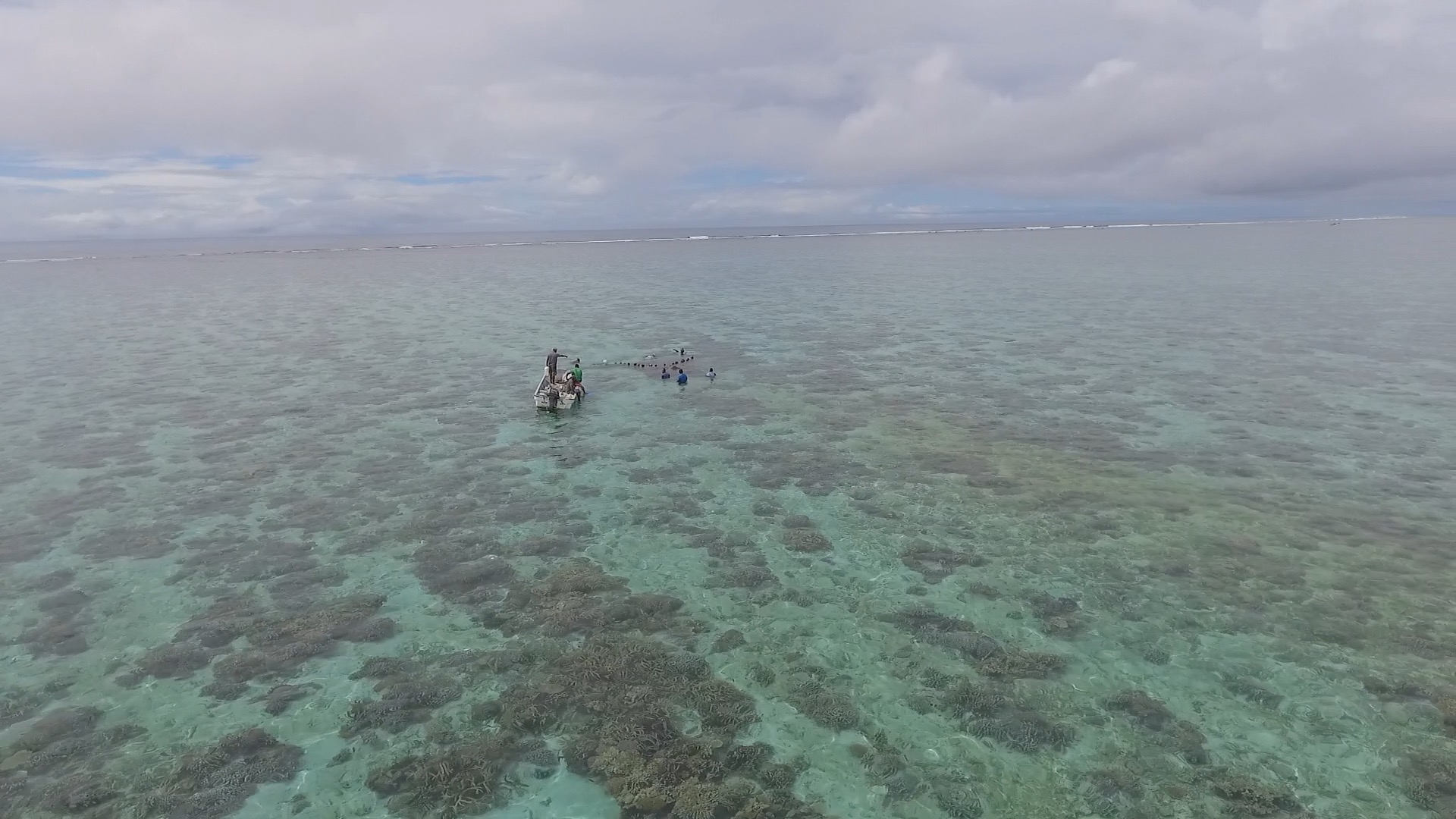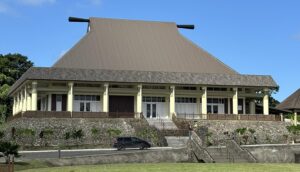Fiji’s Minister for Fisheries Alitia Bainivalu outlined the government’s initiatives aimed at enhancing coastal fisheries management and addressing environmental challenges.
In her statement at parliament today, Bainivalu highlighted the pressing issues facing Fiji’s coastal fisheries, including high fishing pressure, coastal development, sedimentation, and pollution.
She said that these factors put significant stress on the coastal fisheries resources and associated habitats, which are critical for “food security and nutrition, economic growth and employment, poverty alleviation, community resilience, and the empowerment of licensed fishers and communities.”
To combat these challenges, the ministry has implemented several key projects designed to promote sustainable fishing practices.
One such measure is the deployment of fishing aggregation devices (FADs), which aim to shift fishing efforts away from overexploited coral reef species toward pelagic fish.
“The Ministry deployed thirteen (13) fishing aggregation devices (FAD) to address overfishing in coral reef areas, relieve fishing pressure on the principal reef fish, and promote pelagic fishing to support local demand for pelagic fish,” Bainivalu said.
In 2023, the Ministry issued over 2,800 inshore and 27 deep-water snapper fishing licenses to support livelihoods and boost economic returns for licensed fishers. The ministry also provided access to ice services and training to help fishers maintain seafood quality.
Bainivalu pointed to the development of 30 fishing cooperatives and the initiation of projects such as sandfish ranching and mangrove crab fattening as part of a broader strategy to enhance the economic stability of fishers and coastal communities.
“The primary purpose is to create investment and financial stability for fishers, maximise their economic return from fishing, and give them access to any assistance provided through government or financial agencies,” she said.
Looking ahead, Bainivalu announced the ministry’s plans for the fiscal year 2024-2025, which include scaling up existing projects, minimising illegal fishing through enhanced monitoring and compliance, and promoting public-private partnerships to develop sustainable fisheries. A significant focus will be on exploring pelagic and deep-water snapper fisheries to alleviate pressure on coral reefs and enhance economic opportunities for Fijian fishers.
“The coastal development fisheries project has five main work programs that include providing essential support for licensed fishers to access better markets, exploring pelagic and deep-water snapper fisheries, and minimising illegal, unreported, and unregulated fishing in Fiji’s coastal waters,” Bainivalu said.
The ministry also aims to improve market access for coastal communities, particularly those on maritime islands, through regular fish collection trips to connect these fishers with urban markets.
“Much work is needed in the coastal area to ensure the management and development of coastal fisheries resources to meet the daily needs of Fijians. Still, the Ministry of Fisheries and Forestry is determined to deliver what is expected.”









